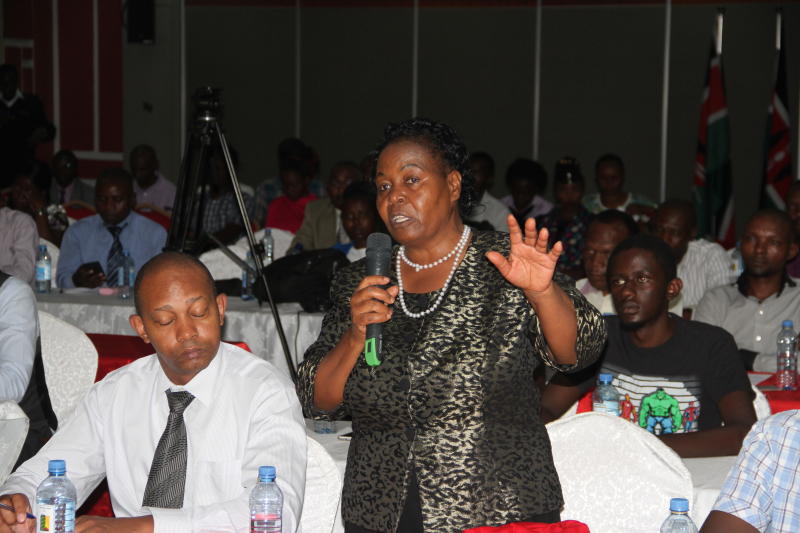×
The Standard e-Paper
Smart Minds Choose Us

Kenya cannot speed up the compensation process for victims of the Ethiopian Airlines crash because it is guided by international standards, grieving families have been told.
Government officials told relatives of the 36 victims that the matter rested with the Airline whose Flight ET302 crashed on March 10, killing all 157 people on board.